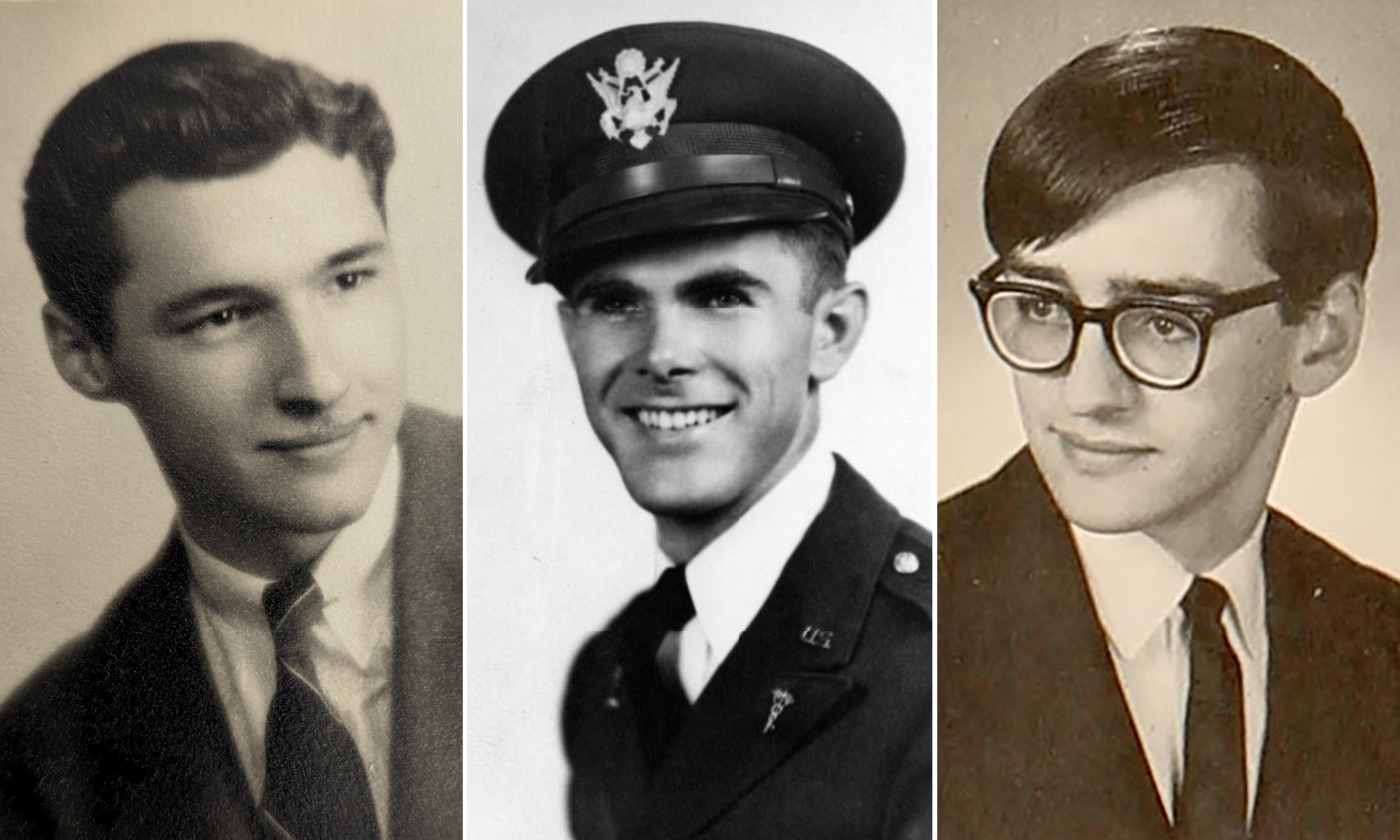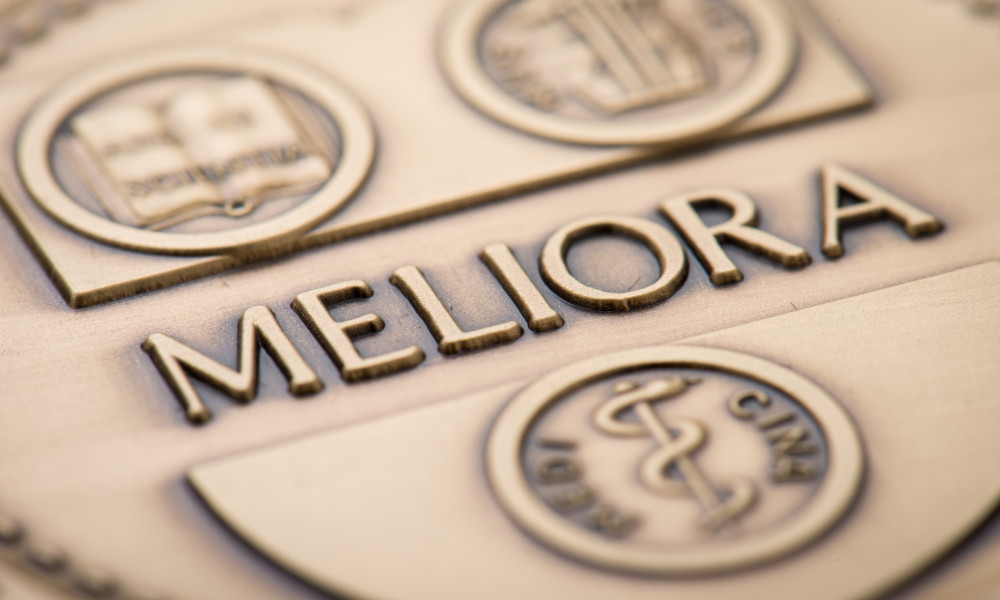When the clock strikes 8:30 p.m. on Saturday, March 25, iconic international venues such as Times Square, the Sydney Opera House, and the Taj Mahal all will become dark.
So, too, will the River Campus’s Wilson Quad.
As part of the World Wildlife Fund’s (WWF) annual Earth Hour, individuals and national monuments alike will shut off their lights in a global effort to create awareness of both climate change and light pollution.
“We want to promote light pollution awareness and increase energy efficiency that will benefit astronomers and general public health,” says Ryan Rubenzahl ’18, president of the Astronomy Club and one of the organizers of the University’s Earth Hour. “We want to bring light pollution and climate change into focus.”
—Ryan Rubenzahl ’18
During the University’s second annual Earth Hour, the non-essential lights of the Wilson Commons porch, Hirst Lounge, Bridge Lounge, Wilson Quad, and Rettner Atrium will be shut off for one hour. The Astronomy Club will facilitate a stargazing event on the quad, and nine student groups including GreenSpace, Engineers for a Sustainable World, and Society of Undergraduate Public Health Students will present their own perspectives on environmentalism through demonstrations and posters in Hirst Lounge. The student band Juicy Connotation will perform throughout the night.
“The idea is to plant the seeds in the minds of the undergraduate population that issues as simple as basic lighting of the sidewalks and buildings are important and are key parts of sustainability, energy conservation, safety, and light pollution,” says professor of physics and astronomy Dan Watson, who serves as faculty advisor for the Astronomy Club.
Similar events have had far reaching impacts around the globe since Earth Hour began with WWF Australia in 2007. During the 2016 Earth Hour, there were more than 6,600 Earth Hour events in 178 countries—including one at the University—and more than 400 iconic international landmarks became dark. Small groups and big companies alike host their own event by registering their event with Earth Hour, enabling each one to pursue its own local interests.
Rubenzahl, a physics and astronomy major from Lowville, New York, began participating in Earth Hour when he was in middle school. His mother learned about the event and decided that for one hour, his family would go completely free of electronics.
“As a kid, I did not like that at all, and I completely forgot about it until it came up last year [at] the University,” Rubenzahl says. “But here, we are able to reach so many more people and increase that kind of awareness.”
Members of the Astronomy Club hope that this awareness will translate into change on campus. The club was recently awarded the Student Life Award for Excellence in Programming by the Rochester Center for Community Leadership for Earth Hour’s success last year and planning for this year.
Bo Peng ’18, vice president of the club and co-organizer of the event alongside Rubenzahl, and president of the Society of Physics Students Tanveer Karim ’17, says that the club is hoping to encourage the University to switch to more sustainable, dimmer outdoor lighting systems on campus.
“WWF is promoting legislation towards environmentalism, but since many of us at Rochester are ‘astronomers,’ we care about light pollution—it’s more of a local goal where we can make an impact,” says Peng, a physics and astronomy major from Beijing.
Wearing a NASA shirt imprinted with the galaxy and the words “IT’S ROCKET SCIENCE!” Rubenzahl explains that he understands that this event alone is not going to alter the state of climate change.
“Not using lights for one hour isn’t going to make a big difference environmentally” he says, “but it’s the symbolic impact that it has and really raising awareness of how we can make a change that matters.”



